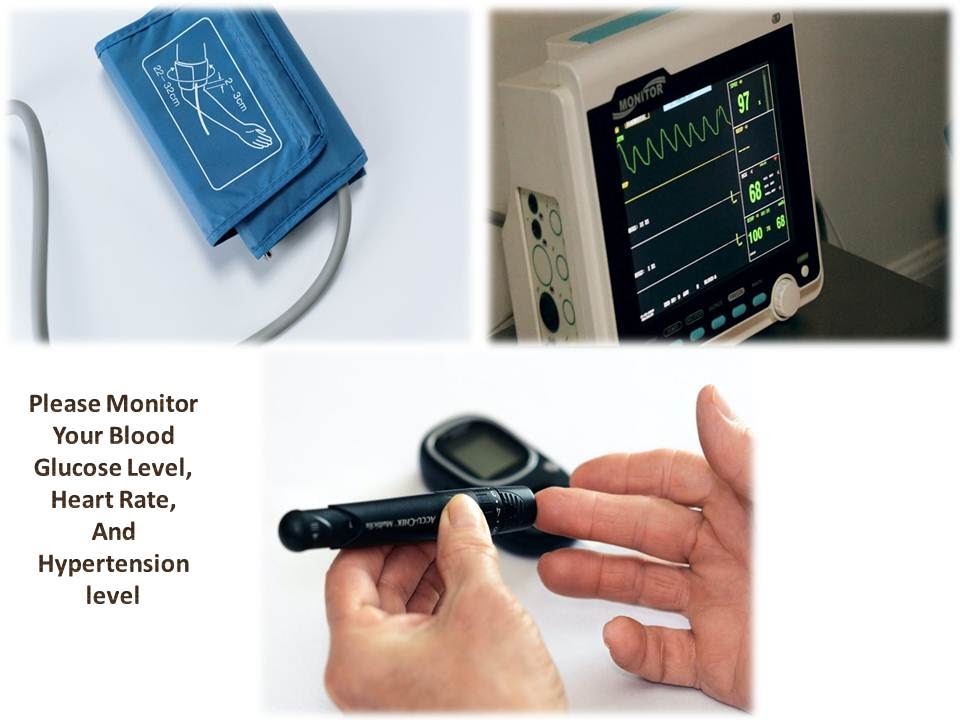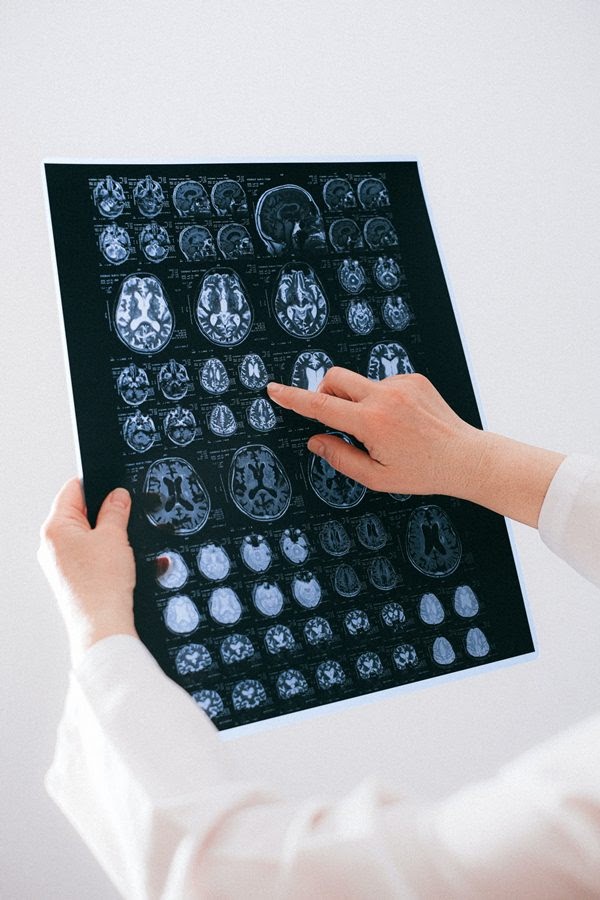Alzheimer’s treatment depends on an effective diagnosis. Doctors assess the signs and symptoms of expected Ad patients to detect Alzheimer's dementia and perform multiple examinations.
Who can diagnose Alzheimer's dementia
Your medical history and symptoms can be reviewed by a trained doctor in brain conditions (neurologist) or a specialized doctor in older adult disorders (geriatrician).
What are the benefits of early Alzheimer's discovery
For Ad patients, who are diagnosed, an early Alzheimer's discovery offers a variety of benefits:
Access to more options for treatment
An early diagnosis of Alzheimer's gives Ad patients a greater chance to benefit from treatment.
A chance for your well-being to be prioritized
Some lifestyle changes can help maintain cognitive function, such as managing blood pressure, stopping smoking, weight control, engaging in exercise, and remaining mentally and socially active.
Emotional and social advantages
Receiving an early diagnosis of Alzheimer's can help relieve anxiety about why Ad patients have these symptoms.
Prepare for the future
An earlier diagnosis for elderly Ad patients also helps them to be aware of what they want and share their illness with their families and Alzheimer's caregivers.
This will bring them peace of mind, reduce the burden on family members, and avoid conflicts.
Save your money
Early-onset diagnosis protects both families and the government from Alzheimer’s treatment costs and long-term care expenses.

Alzheimer diagnostic tests
Ad patients’ health care professionals will check their medical history, including psychological history and any cognitive and behavioral changes during the medical workup.
He or she may want to know, as well as any drugs you are taking, about any current and past illnesses.
A patient’s doctor may also inquire about other family members' primary medical problems, and whether they may have suffered from Alzheimer's disease or other dementias.
A physician will ask you about:
- Your routine diet and nutrition. Consider, that a healthy diet improves cognitive functions. Always revive your daily recipes.
- Test your blood pressure, pulse, and temperature.
- Listen to the lungs and heart.
- Collect samples of blood or urine for lab examination.
Results of a physical examination and laboratory tests may help to detect health conditions that can cause dementia symptoms.
Consider, Depression, untreated sleep apnea, delirium, side effects of medication, thyroid issues, some vitamin deficiencies, and excessive consumption of alcohol are common causes of dementia-like symptoms.
These disorders, unlike Alzheimer's and other dementias, may also be cured with medication.

Neurological and physical examination
By evaluating the following, the doctor will conduct a physical examination and possibly determine overall neurological health like:
- Reflexes
- The tone of muscle and strength
- Ability to get up and walk across the room from a chair
- Sense of vision and hearing
- Co-ordination
- Equilibrium
Ad patient-doctor will closely examine the person for symptoms during a neurological evaluation that could signal brain abnormalities other than Alzheimer's.
The doctor has to exclude other similar symptoms of minor or large strokes, Parkinson's disease, brain tumors, accumulation of fluid in the brain, and other memory or thought-impairing diseases before Alzheimer’s discovery.
Mental status and research of neuropsychology
Testing of mental status checks memory, ability to solve basic problems, and other skills for thinking.
These measures offer an overall sense of whether an individual is:
- Aware of the signs.
- Knows the date, the time, and the place where he or she is.
- Can recall a shortlist of terms, instructions followed and quick calculations carried out.
The Mini-Mental State Examination (MMSE) and the Mini-Cog Examination
A health professional asks his Ad patient during the MMSE a series of questions designed to assess a variety of daily mental abilities. The 30-point scale is the maximum MMSE ranking.
A score of 20 to 24 indicates mild dementia, while 13 to 20 indicates moderate dementia, and extreme dementia indicates less than 12.
The MMSE score of Alzheimer's patients decreases by around two to four points per year on average.
An individual is asked to finish two tasks during the Mini-Cog
- Remember then to repeat the names of three common items a few minutes later.
- Draw a clock face that displays all 12 numbers in the right places and the examiners define the time.
This brief finding test will help the Ad patient-doctor decide whether further evaluation is needed.
FDA-computerized assessments
Several computerized cognitive test systems have been approved for sale for Ad patients by the U.S. Food and Drug Administration (FDA).
These are the systems used for Cantab Smartphone, Cognigram, Cognivue, Cognition, and Automated Neuropsychological Evaluation Indicators (ANAM).
Using both psychological assessments and computer-based tests will give Ad doctors a better picture of Ad patients' cognitive problems and simplify the road to Alzheimer's treatment.
Assessment of mood
In addition to evaluating the mental status, it is crucial to diagnose depression or other mood disturbances that may cause memory issues, lack of interest in life, and other signs that may correlate with dementia.
Imaging the brain
Photos of the brain are also primarily used to detect noticeable abnormalities linked to disorders other than Alzheimer's disease that can cause cognitive change, such as strokes, injuries, or tumors.
New imaging applications can enable doctors to detect complex brain changes caused by Alzheimer's.
- MRI
- CT

Note that:
In the early or middle stages of Alzheimer's, most medications function best for individuals.
The U.S. and FDA already accept many prescription medications for the care of people diagnosed with Alzheimer's disease.
Treating Alzheimer's symptoms can provide security, dignity, and independence for people for a longer period and can also motivate and support their caregivers.
For more pieces of information, you can wait for the next article that will discuss possible ways to treat Alzheimer's and how to prevent its prognosis.
Our dew treats for you today are about...possible ways to diagnose Alzheimer's disease. But we have more details, advice, and knowledge tips to help you enjoy your life with a healthy mind.



You must be logged in to post a comment.